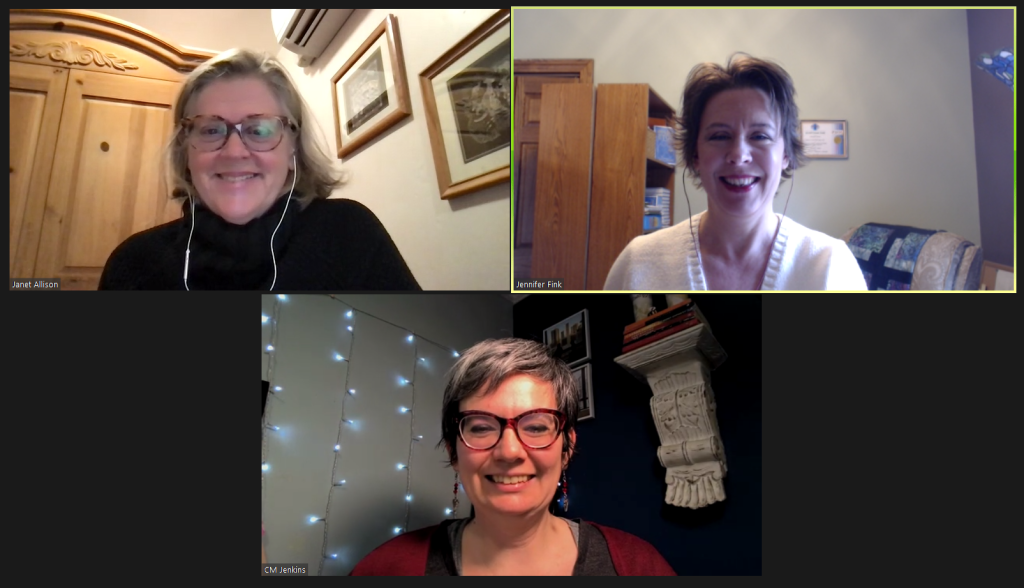color: #ea404d;
text-decoration: none;
}
.redcircle-link:hover {
color: #ea404d;
}
.redcircle-link:active {
color: #ea404d;
}
.redcircle-link:visited {
color: #ea404d;
}
Powered by RedCircle
YouTube isn’t all entertainment and education. Misogyny, racism, and porn lurk there too.
It can be really difficult to keep up with what our boys are watching online, though. Creators come & go, interests change, one click can lead to, well, anywhere.
Boys love YouTube
YouTube is ubiquitous these days. Gaming and challenge videos (think Mr. Beast) are certainly popular with boys, but many also engage in educational content on the site.
“It’s Google and YouTube,” says Cindy Marie Jenkins, founder of OutThink Media. “Those are the search engines” people now use to find information. It’s better, safer, and more effective to teach your boys how to navigate YouTube (and other online spaces) than it is to ban them all together. (Especially because motivated kids can get around almost any parental control!)
“We have a massive responsibility to give boys the tools they need to be amazing people,” Cindy says. Parents and other adults can (& should) mentor and guide children as they explore online. Here’s how:
- Build your relationship, so your boys know they can talk to you without judgement. “Let them know that you are interested & want to be involved,” Cindy says. “Not in a dictatorial way, but in a ‘let’s have conversations about this’ way.” Express curiosity.
- Build boys’ critical thinking skills, both so they’re better able to understand and process what they see and hear online and so they’re prepared to discuss online personalities, ideas, and videos with their friends.
YouTube videos can radicalize boys
You can certainly find blatant misogyny, misandry, hate, and racism on YouTube. But most boys don’t watch those videos. Many, however, watch creators who casually “slide in” comments that may appear to jokes but might also consistently point blame at a particular group of people. You might notice, for instance, that five “jokes” in a row singled out Black people as the antagonists, Cindy says.
Certain things that may seem relatively harmless on the surface can lead to more extreme videos and ideas. “Trad” content, emphasizes traditional gender roles and female submission to men in marriage. It can celebrate women as homemakers and men as providers — and can convince some boys that males should be dominant in relationships and the females are meant to submit to their leadership.
The pathway to extremism is not necessarily obvious. “It can start with something small and then blow up into, ‘This is what’s wrong with everything,'” Cindy says.
How to protect your kids online
LISTEN to what your kids are talking about. And listen to what they say when you ask them about the videos and creators they see online. Pay attention if your kids seem to be obsessing or angry about certain topics or ideas.
Ask questions with curiosity. Use, but don’t completely trust, parental controls and filtering software.
Talk about trending videos, movies, ideas, and games. Share your perspective and add context. You can also seek out and share YouTube videos about creators’ personal experiences with hate, misogyny, and racism. Cindy “watches YouTube so you don’t have to,” so you can check her site OutThink Media, to learn more about the creators, gamers, and YouTubers your kids are watching.
In this episode, Jen, Janet, & Cindy discuss:
- Educational power of YouTube
- How to mentor and guide kids’ YouTube use
- Trad wives
- The Great Replacement theory
- Gamergate
- Kids’ parasocial relationships with YouTubers
- Doxxing
- Discussing media
Links we mentioned (or should have) in this episode:
OutThink Media — Cindy’s website
Why I’m Not Worried About Screen Time — Jen’s BuildingBoys post (the one about Sam studding his bike tires)
How One Mom Talks to Her Sons About Hate on the Internet — NPR story about Joanna Schroeder‘s viral Tweet thread
YouTube Merch Part 1: 7 Reasons Not to Buy Prime Energy Drink — OutThink Media post about energy drink promoted by (former YouTuber) Logan Paul
Sisters in Hate: American Women & White Extremism, by Seyward Darby — thought-provoking book that details how individuals become extremists
Amy Lang on How to Keep Boys Safe Online –– ON BOYS podcast episode
Social Media Safety — ON BOYS podcast episode
Sponsor Spotlight: Better Help
Therapy to help you live a more empowered life. Go to BetterHelp.com/onboys to save 10%

